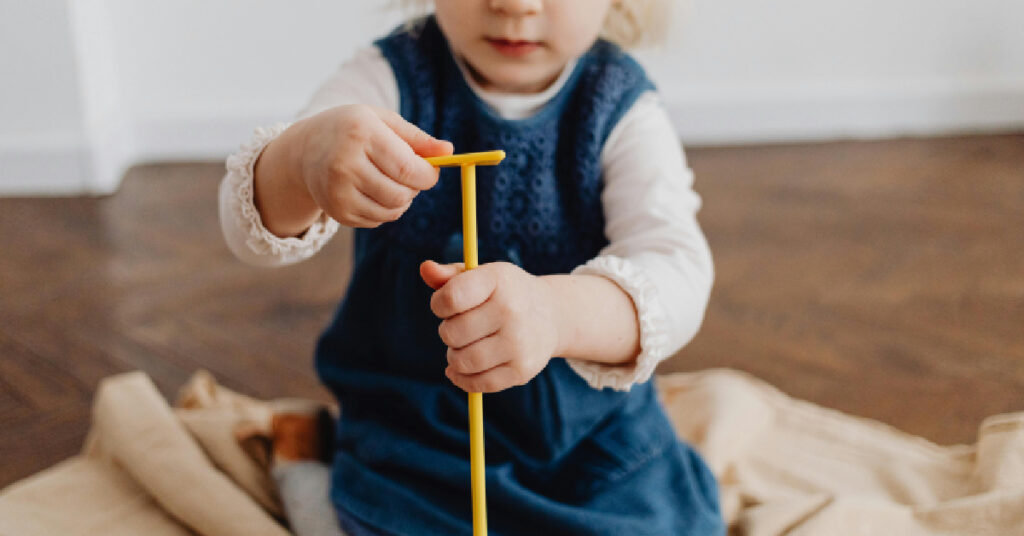
15 Best Toys for Building Independence — That Aren’t Boring or Overhyped
From magnetic tiles to dolls and pretend kitchens, these 15 toddler toys are actually worth the shelf space — and designed to encourage solo play
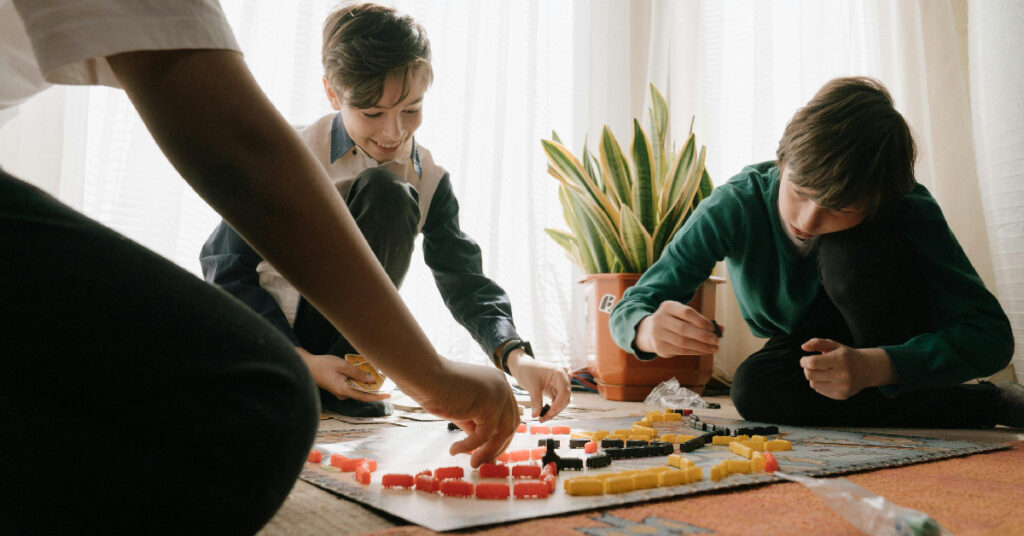
Affiliate links are used in this blog
It’s pouring outside. The baby just napped for five whole minutes. And your toddler? They’re climbing the walls. Literally.
If you’re anything like me, you’ve hit that stage of the day where you need something — anything — that doesn’t involve a screen, a meltdown, or 47 minutes of cleanup. That’s where indoor open ended play swoops in like the superhero it is.
No batteries. No instructions. No pressure to “do it right.”
Just a few simple materials, a bit of imagination, and space to play without micromanaging the moment.
In this post, I’m sharing 15 of our favourite indoor open ended play prompts. These are the ones I keep in my back pocket for rainy days, sick days, “I’m too touched-out to function” days… and yep, the “why are we awake at 5am?” kind of days too.
They’re quick to set up, low on mess, and high on toddler engagement — aka, the parenting trifecta.
These ideas are designed for easy wins. You don’t need a Pinterest-worthy playroom — just a few simple materials and a willingness to step back while your kiddo takes the lead. That’s the magic of indoor open ended play.
A humble delivery box has endless potential in the world of indoor open ended play.
What starts as a simple cardboard shell quickly becomes a rocket ship, ice cream truck, cozy cottage, or veterinary clinic — all powered by your toddler’s imagination.
Set them up with crayons, dot markers, tape, scissors (if age-appropriate), and a few random bits like cotton balls or lids.
Bonus: let them crawl inside and decorate it from within for extra sensory fun.
You can even connect multiple boxes to create a whole “neighbourhood” — toddler zoning laws not included.
Loose parts are the unsung heroes of indoor open ended play.
Grab a tray or muffin tin and fill each section with something different: felt scraps, measuring spoons, silicone baking cups, bottle tops, shells, or fabric flowers.
Don’t explain what to do — just let them explore. You’ll see them sorting, matching, stacking, pretending, and talking to themselves as they go.
Rotate materials regularly to keep the curiosity alive. This kind of tray is also a quiet-time saviour when you’re stuck inside and just need 20 calm minutes.
Read more: What is loose Parts Play: 25+Simple Tray Setups that Spark Creativityu
Magnetic tiles are toddler crack — and the ultimate open-ended toy.
But sometimes, offering a “challenge” helps kickstart the creativity. You might say: “Can you build a home for your puppy?” or “Make a tower taller than your knee.” They’ll take that spark and run with it.
These prompts ignite storytelling and engineering at once — the very heart of indoor open ended play. Add animal figures, cars, or fabric scraps for flooring and roof material.
The best part? There’s no wrong way to play — just endless possibilities.
Sensory water play isn’t just for outside. If you’re stuck indoors, clear the sink or grab a tub, fill it with warm water, and set your toddler up with spoons, cups, ladles, and plastic toys.
Add a drop of food colouring or a few drops of baby-safe bubble bath for a little flair.
Encourage them to wash toys, pour “tea,” or fish with a slotted spoon.
Indoor open ended play like this builds hand strength, coordination, and problem-solving — all while giving you a chance to sit nearby and breathe.
The ultimate throwback to our own childhoods: grab blankets, couch cushions, and a few chairs to build a fort — then hand over dolls, animals, or action figures and let your child’s imagination run wild.
The fort might become a bear cave, a space station, or a cozy fairy hideout. You don’t need to guide the storyline — the magic of indoor open ended play is that they’ll make it their own.
Want to level it up? Add a flashlight and tell your toddler it’s night-time inside the fort, even if it’s 9am.
Playdough is a staple for indoor open ended play, but when you add in natural materials or textural bits, it goes to a whole new level.
Think pebbles, bark, feathers, dry pasta, shells, dried orange slices — anything safe that invites texture and storytelling.
Your toddler might make faces, pretend meals, bug homes, or mystery creatures with five legs.
The best part? There’s no wrong way. If you don’t have nature bits on hand, check your pantry. Oats, lentils, and rice work beautifully too.
This one taps into a toddler’s love of helping, solving, and demolishing all at once.
Wrap a few toys in tin foil, paper, or painter’s tape, and hide them under the table, behind cushions, or in a sensory bin. Then tell your child the toys are “trapped” and need their help.
They’ll problem-solve how to free each one, often assigning roles, stories, or “emergency vehicles” to the rescue.
It’s simple, low-prep indoor open ended play that sparks curiosity, gross motor movement, and some seriously imaginative storytelling.
You don’t need special toys to create a toddler-sized universe — just grab some tea towels, scarves, or old sheets and drape them over furniture.
Now you’ve got tents, rivers, capes, hammocks, or mountain paths. Add a few blocks or dolls and the scene writes itself.
Toddlers might turn the dining chairs into a zoo enclosure or the hallway into a dragon’s lair.
This kind of indoor open ended play is gold for small spaces and big imaginations — and takes less than a minute to set up.
Painter’s tape is a miracle tool. Create roads, roundabouts, bridges, parking lots, or entire neighbourhoods on your floor.
Add cars, animals, blocks, or even cardboard ramps. Then watch your toddler layer on their own stories — maybe there’s traffic, a lost dog, a construction site, or a detour through the jungle.
The tape peels off clean (hallelujah), and this kind of indoor open ended play builds both fine motor and spatial awareness in the best kind of chaotic way.
Take a muffin tin and turn it into a DIY toddler lab. Fill each cup with a different small item — pompoms, mini figures, dry pasta, beads (if age-safe), LEGO pieces, leaves, or foam stickers.
Give your toddler a set of tongs or a spoon and just observe. Will they sort by colour? Texture? Pretend it’s soup? Maybe all three.
The key to indoor open ended play here is not telling them how to play — just creating the invitation, and watching their brain take off.
Set out a handful of animal figurines alongside basic building blocks or stacking cups and let the adventure begin.
Your toddler might build enclosures, towers for them to climb, or a bridge they all must cross. Add pillows for terrain and a small bowl of water (if you’re brave).
Don’t overcomplicate it — the beauty of indoor open ended play lies in how your child makes the story up as they go. This one’s great for pairing older and younger kids too — blocks are universal!
Place a baby-safe mirror flat on the floor (or inside a sensory tray) and offer a few open-ended materials like ribbon, stacking cups, wooden rings, fabric flowers, or felt shapes.
Children love seeing themselves play — it turns normal objects into tools for self-expression, imitation, and emotional exploration.
For babies and toddlers, indoor open ended play like this boosts sensory awareness and body connection. Add calming music or soft lighting to make it feel extra magical.
This one’s for building storytelling muscles. Fill a small basket with a mix of random but safe items — a spoon, a plush fox, a plastic cup, a scarf, a small box.
Then hand it to your child and say, “Can you tell me a story with these?” What unfolds might be chaotic, hilarious, or surprisingly deep.
This style of indoor open ended play encourages creativity, language, and problem-solving — all without needing a single “talking” toy.
Grab that roll of painter’s tape again and transform your floor into an active play zone.
Make a wiggly maze, mark out lily pads to hop between, or draw arrows and symbols for a scavenger hunt. Add a soft toy to “deliver” or challenge them to tiptoe the whole way.
Indoor obstacle courses like these combine gross motor skills with imaginative planning, and are perfect when indoor open ended play needs to burn a little energy.
Raid your recycling bin and pull out safe items like egg cartons, paper towel rolls, milk cartons, or cereal boxes. Add washi tape or masking tape, a bit of playdough or Blu-Tack, and tell your toddler they’re the construction site boss.
They might build a city, a zoo, a spaceship — or something unidentifiable (but very important).
This kind of indoor open ended play is budget-friendly, surprisingly focused, and almost always ends in proud little presentations: “Mum! Look what I made!”
If you’ve ever looked around your living room mid-chaos and thought, “I just need something that works,” this list is for you.
Indoor open ended play isn’t about picture-perfect setups or Montessori-worthy aesthetics. It’s about saying yes to exploration. It’s about letting your toddler take the lead — even if that lead results in 17 stuffed animals piled into a shoebox submarine.
When you’re stuck inside, overstimulated, overtouched, and running low on snacks (and patience), simple ideas that spark independent, imaginative play are absolute gold. These prompts aren’t magic, but they are powerful. They give your child a safe, creative outlet. And they give you a few much-needed moments of peace.
So next time you’re climbing the walls with your toddler — or they’re climbing you — try one of these. Then pour that hot drink. You’ve earned it.
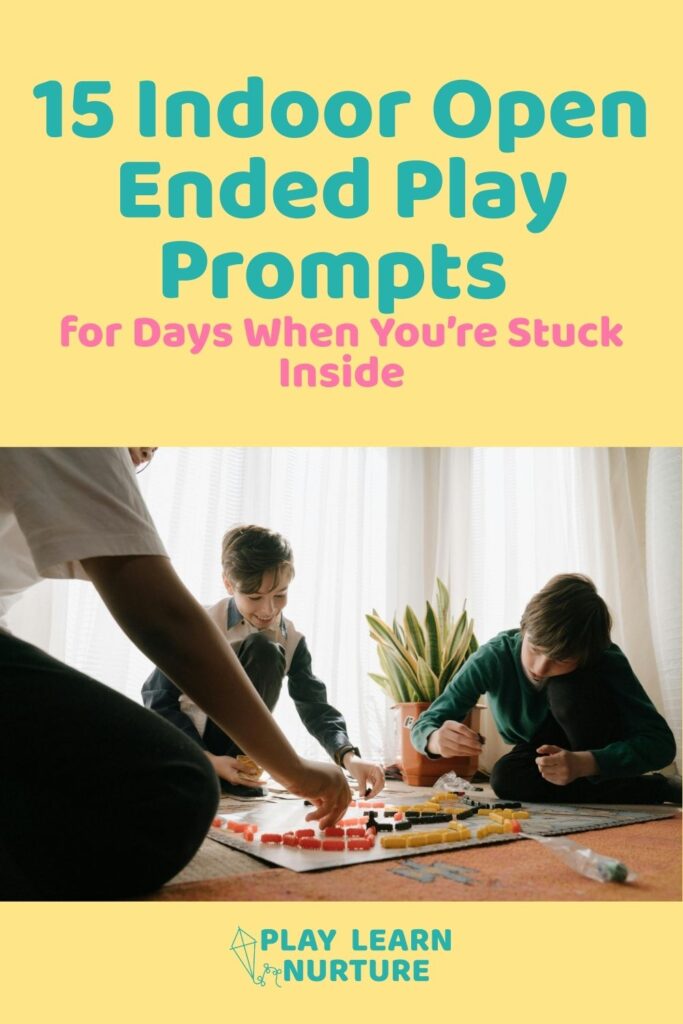
How to Encourage Open-Ended & Independent Play in Toddlers
Best Open Ended Toys For Toddlers by Age (1–5 Years)
10 Must-Have Toys That Promote Creativity and Self-Led Play
Minimalist Toys Toddlers Actually Use: A Real Mum’s Guide to Open-Ended Play Essentials
Screen Free Play Ideas That Actually Work: How Open Ended Play Beats Screen Time Every Time

From magnetic tiles to dolls and pretend kitchens, these 15 toddler toys are actually worth the shelf space — and designed to encourage solo play
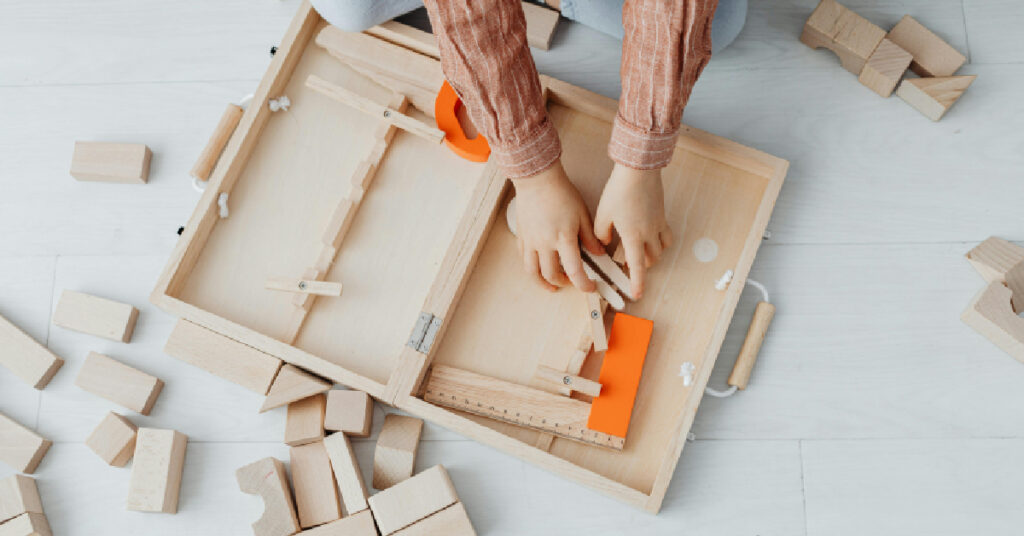
Delve into the world of loose parts play with our selection of toys that inspire exploration and innovation. Perfect for enhancing your toddler’s sensory and
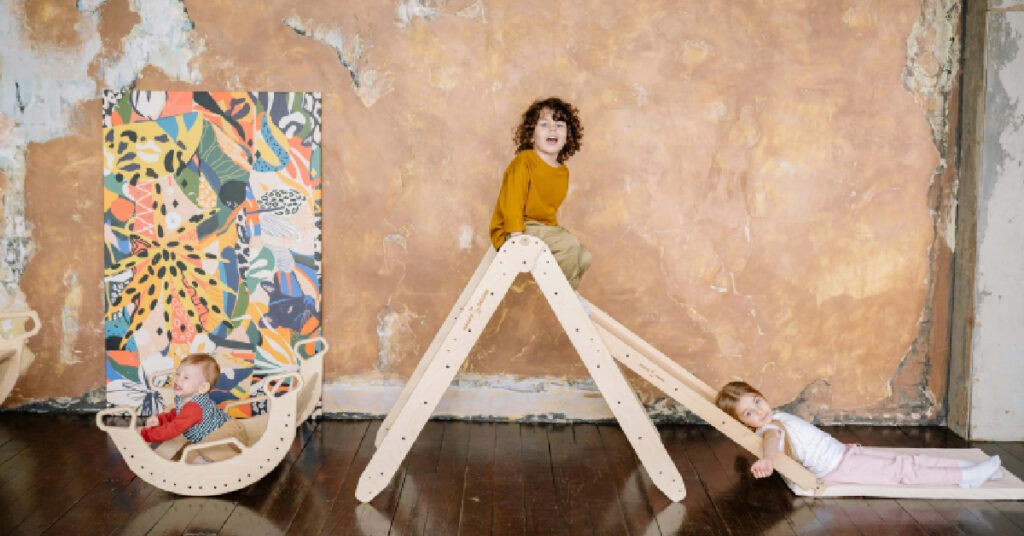
Simple, real-life play space ideas for toddlers that spark imagination, support independence, and give you a moment to breathe — no Pinterest-perfect setup required.
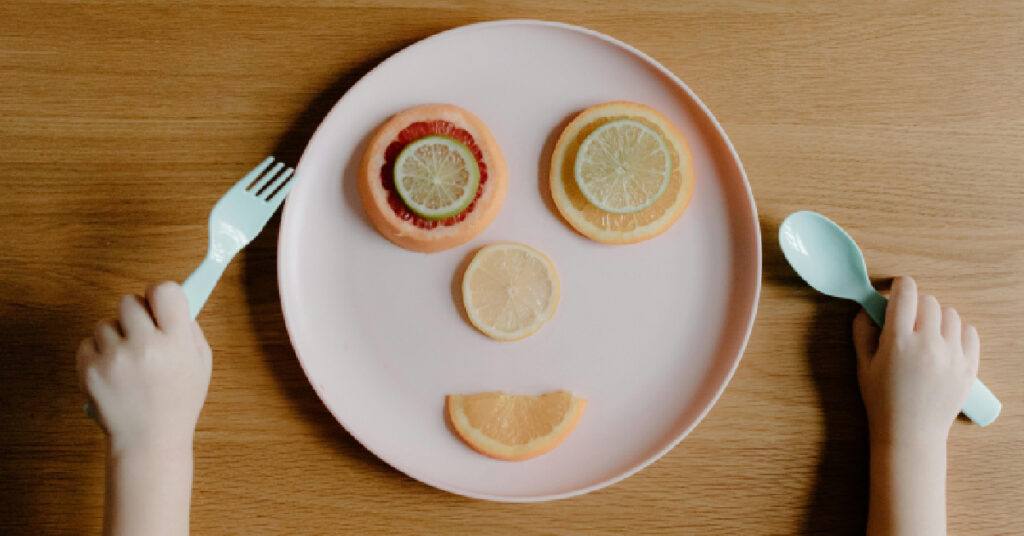
When the milk spills, the toddler tantrums, and your patience snaps before 9AM — you’re not failing. This is one mum’s story of surviving the
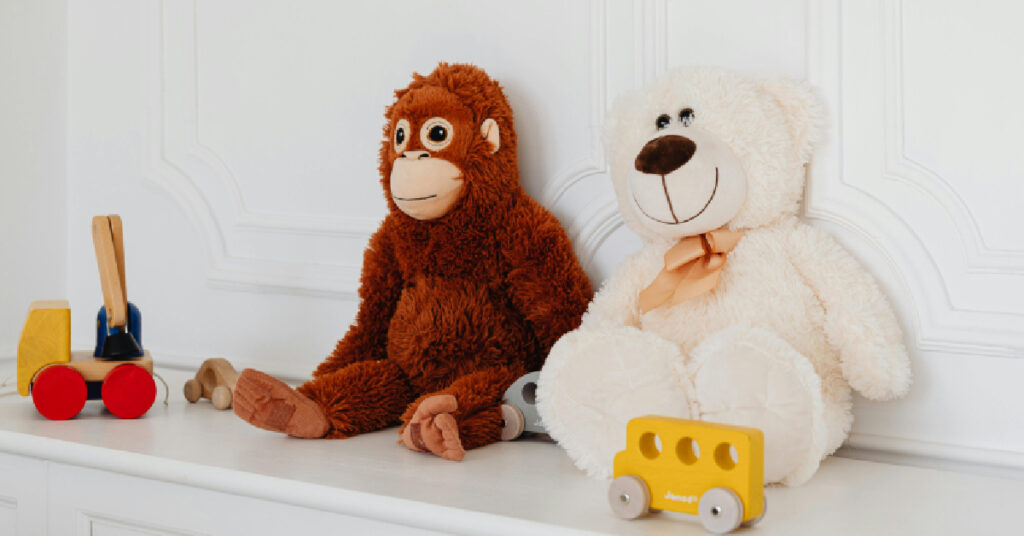
Discover how a simple toddler play schedule can create calmer days, boost independent play, and give you back precious breathing space — no strict routines

One chaotic morning, I realised the tension in the house wasn’t just coming from my toddler — it was coming from me. This is the